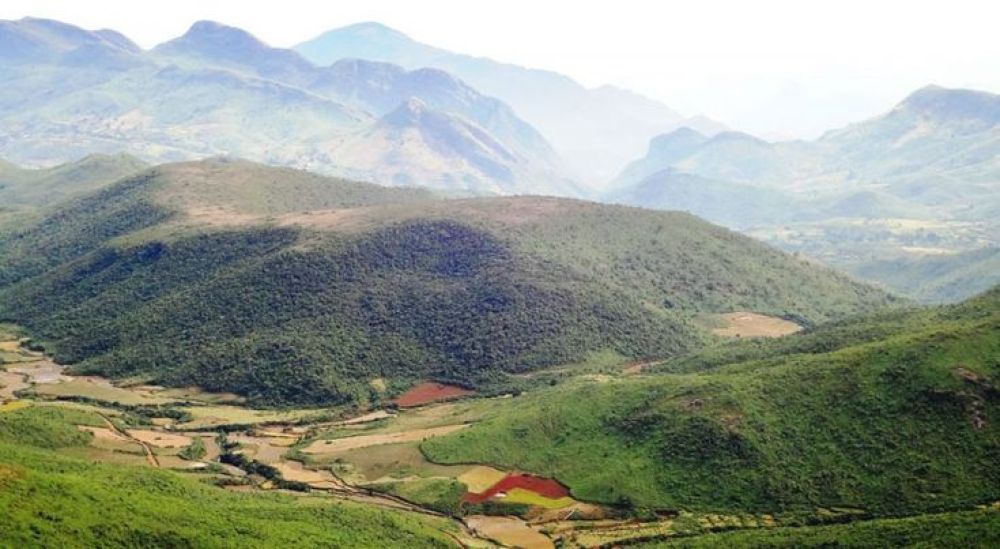

The quaint town of Deomali, nestled in the Jeypore region of Odisha, India, remains one of the lesser-known tourist destinations, boasting pristine natural beauty and a serene environment. The region's history of tourism is fairly recent, with most of its developments occurring over the past few decades.
Historically, the Jeypore region's primary interactions with outsiders were through trade and commerce rather than tourism. It was not until the late 20th century that Deomali started to gain some recognition as a tourist destination. As travelers began searching for untouched and offbeat locations, Deomali's picturesque landscapes and cultural diversity started drawing the attention of those looking for tranquility away from crowded tourist spots.
Deomali, known for its majestic mountain range which is the highest peak in the Eastern Ghats of Odisha, offers a perfect backdrop for trekking, nature photography, and wildlife exploration. The region is rich in biodiversity and home to various flora and fauna, making it an ideal spot for eco-tourists and biodiversity enthusiasts.
Moreover, Jeypore's cultural fabric comprises a mix of indigenous groups, festivities, and local handicrafts, which add to the allure for those interested in experiencing and learning about traditional Indian cultures. Attractions such as the Deomali Mountain Range, local waterfalls, the colorful weekly markets (haat), and relics of ancient kingdoms found nearby provide a unique blend of nature and history.
In recent years, responsible and sustainable tourism has gained momentum, and Deomali, with its largely untouched natural beauty, fits well into this trend. Tourists are increasingly seeking destinations that offer ecotourism and community-based tourism experiences. Deomali's tourism sector is slowly adapting to these trends by offering homestays, guided treks, and cultural exchange programs that benefit the local communities and provide an authentic travel experience.
Adventure tourism is also taking off in Deomali, with more travelers coming for the thrilling experience of mountain biking, rock climbing, and paragliding. These adrenaline-pumping activities combined with the region's scenic beauty are setting new trends in the tourism industry of Jeypore.
The potential for tourism in Deomali, Jeypore, is vast. However, maintaining the balance between tourism development and the preservation of the town's pristine environment and cultural heritage is crucial. As the tourism industry grows, stakeholders are emphasizing the importance of sustainable practices that would safeguard the charm and purity of Deomali's landscapes for future generations.
All in all, Deomali is emerging as a beacon for those who wish to experience authentic Indian scenery and culture while contributing positively to the environment and local communities.